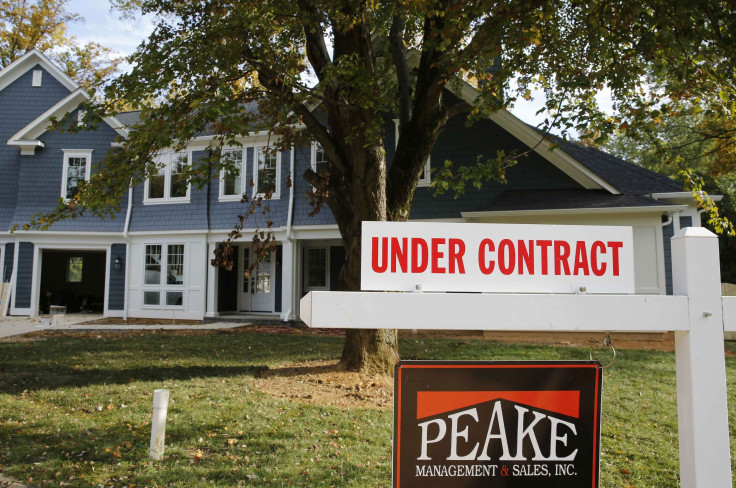US Real Estate News: Home Sales Drop 2.2% In September Due To High Prices, Low Supply

Existing U.S. home sales dropped 2.2% in September, due to high prices and a shortage of affordable housing, the National Association of Realtors (NAR) said in a report Tuesday. Existing-home sales include single-family homes, townhomes and co-ops, and were at a seasonally adjusted annual rate of 5.38 million last month.
"Even today's low mortgage rates and healthy jobs situation can't overcome the lack of inventory of homes below $300,000," Robert Frick, an economist at Navy Federal Credit Union said.
Mortgage rates are below 4%, which means that buyers can save more money on interest.
Lawrence Yun, NAR's chief economist, said that there needs to be more construction of affordable homes. "We must continue to beat the drum for more inventory," he believes. "Home prices are rising too rapidly because of the housing shortage, and this lack of inventory is preventing home sales growth potential."
The region which saw the biggest drop in home sales in September over the prior month was the Midwest, which decreased by 3.1%. In the West, home sales declined by 0.9%.
Younger Americans are frequently looking to buy more modest homes than their parents and are gravitating towards cities. Large mass-produced homes in suburban areas, popularly called "McMansions," are often too expensive for the younger Millennial generation, creating a glut in the market.
In many parts of the U.S., it is often more affordable to rent property than to buy. A study by national property database Attom Data Solutions in January found that renting a home is more affordable than buying in 59% of U.S. housing markets.
© Copyright IBTimes 2024. All rights reserved.





















